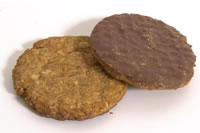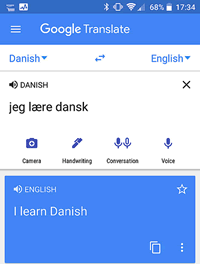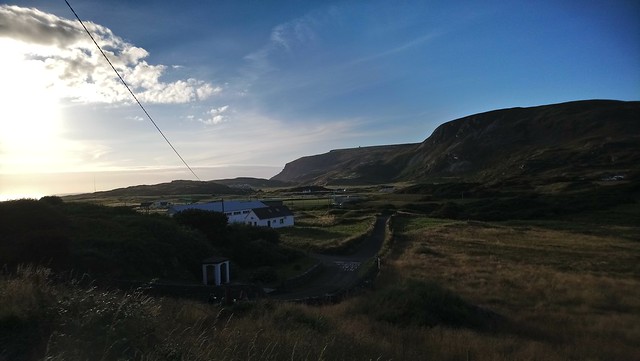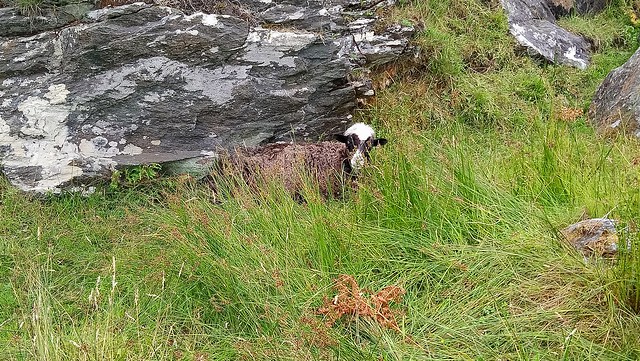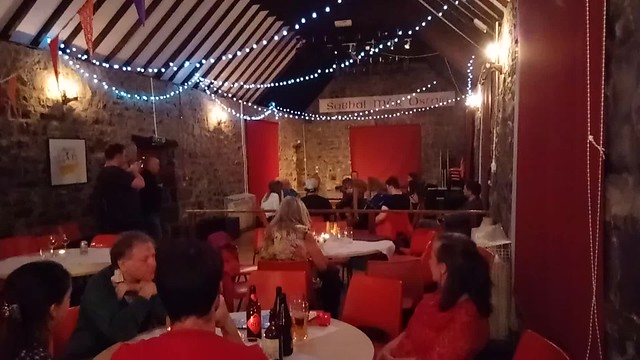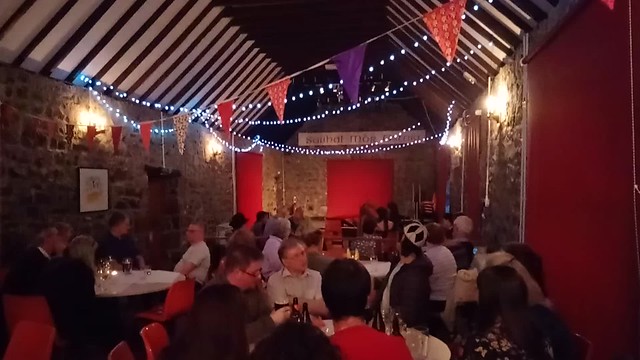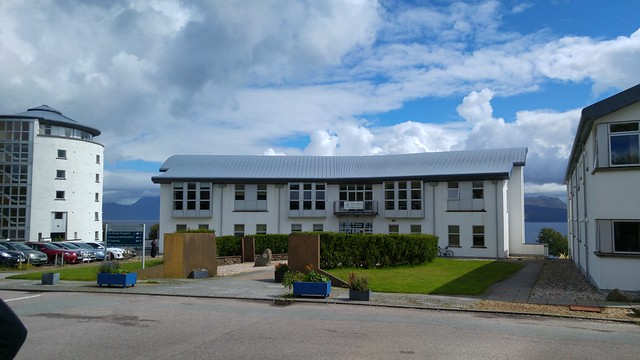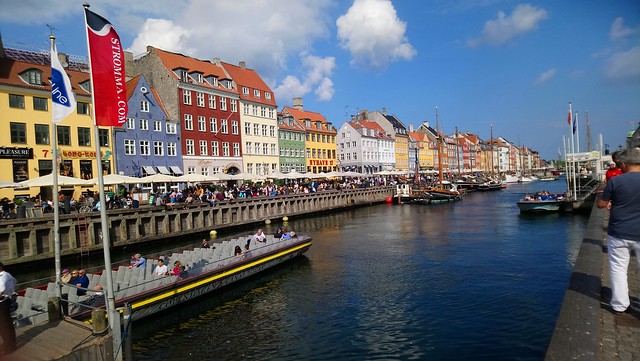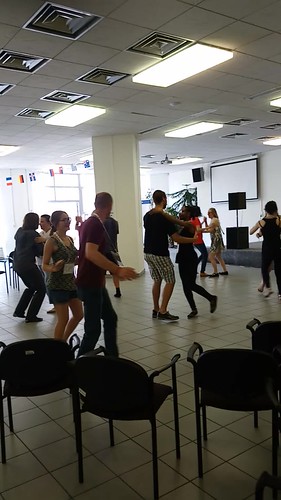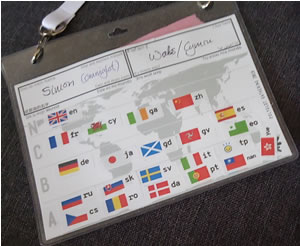Last week I learnt that a butterfly in Cornish is a tykki Duw [tɪkˑi’dyˑʊ / tɪkˑi’diˑʊ], or literally “God’s pretty thing”. A moth is a tykki Duw nos or “God’s pretty thing of the night”).
The word tykki comes from teg (pretty, attractive), and Duw comes from the Proto-Celtic *dēwos (god), from the Proto-Indo-European *deywós (god), from *dyew- (sky, heaven).
Names for butterflies are interesting in other languages as well:
- Welsh: glöyn byw (glowing ember); iâr fach yr haf (little hen of the summer); pili-pala; plufyn bach yr haf (little feather of the summer), colomen fyw (lively pigeon); glöyn Duw (god’s ember/coal); eilir (spring).
- Scottish Gaelic: féileagan; dealan-dé (god’s lightning); sglapaid; teine-dé (god’s fire); teillean-dé (god’s bee); tormachan-dé (god’s ptarmigan); dealman-dé; strainnsear (stranger); gogag
- Manx: foillycan, follican
- Irish: féileacán; guagóg; uallán
- Breton: balafenn; barbellig; bobelan; aelig
- Swedish: fjäril
- Danish: sommerfugl (summer bird)
- Spanish: mariposa
- German: Schmetterling
- French: papillon
- Italian: farfalla
- Russian: бабочка (babochka)
What about in other languages?
Sources: Gerlyver Kernewek, Wiktionary, Geiriadur Prifysgol Cymru, Geiriadur yr Academi, Am Faclair Beag On-line Manx Dictionary, Dictionnaire Favereau, bab.la

